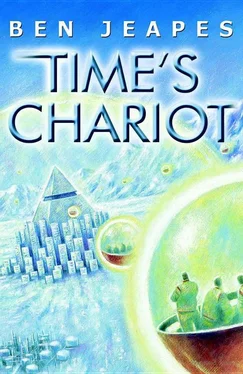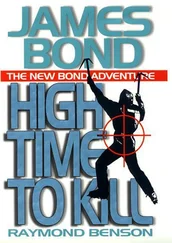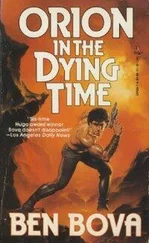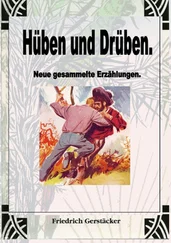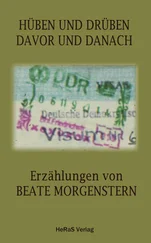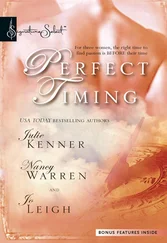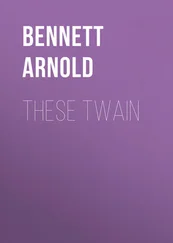‘A good guess,’ the Correspondent said.
‘Why did you send this to me?’
‘I wanted to show you my intentions were sincere. I wanted to talk to you and I would have you assured in advance that I am no charlatan.’
‘You wish to discuss medicine? I am your obedient servant.’
‘Actually, no, not medicine,’ the Correspondent said. Abu Ali was a polymath, a fluent thinker in many subjects including medicine — indeed, his medical works would still be reprinted as authoritative in Europe in the seventeenth century, though before long orthodox Islamic theologians, more worried by his heresies than his habits, would have his work very well suppressed in the Arab world. That wasn’t why the Correspondent was here. ‘I would talk to you of the Kitab ash-Shifa .’
‘You have read it?’ Abu Ali leaned forward eagerly.
‘I have.’ It was a white lie — Abu Ali’s Kitab ash-Shifa , the misleadingly titled Book of Healing , was a collection of treatises on Aristotelian logic, metaphysics, psychology and the natural sciences, amongst other things, and the Correspondent had a full copy of it in his head. ‘I am interested in your thoughts on Actuality and Nothing. Or to be more precise, the Potentiality that lies between the two.’
No one comes an unknown distance, perhaps from Cathay, seeks out the author of an obscure book, draws an accurate and precise map of the human circulatory system to get his attention, and then asks to talk about Potentiality. From the tilt of Abu Ali’s head it was obvious he didn’t believe it, but he went along with the game, perhaps out of curiosity.
‘An interesting subject with which to while away the hours,’ he said. ‘Potentiality? Well, we know that nothing truly changes.’
‘Do we?’
‘Of course! For change to be real, something must come out of nothing, which is plainly nonsensical. The only change can be in an object’s substance –’ a reasonable description of the conservation of energy , the Correspondent thought — ‘yet before the change there is no sign of it.’
‘So the object must have the potentiality in it for that which it is to become?’ the Correspondent said.
‘Precisely!’ Abu Ali was forgetting his curiosity and talking for the love of it. He leaned forward and his eyes gleamed. ‘Potentiality is what does not exist but which could—’ He stopped. The Correspondent waited politely for him to continue, but Abu Ali was looking over the Correspondent’s shoulder. ‘Who are you?’ he said. ‘I… I did not see you come in—’
The Correspondent turned quickly to see the newcomer for himself. He was considerably more worried than Abu Ali because even his enhanced senses had not detected anyone’s approach.
The newcomer was dressed like someone from Isfahan but he had skin paler than either Abu Ali, who was a native Arab, or the Correspondent, who looked like one. He had not come in by door or by window — the Correspondent would have heard him. The man opened his mouth and the words that came out would have been babble to Abu Ali, yet to the Correspondent they made perfect sense.
‘Is this Avicenna?’ It was the language of the Home Time, and he gave the name — a Western corruption of Allah ibn Sina — by which the Arab philosopher would one day be better known, by those who knew of him at all.
‘Why, yes.’ The Correspondent made to stand.
‘Stay seated,’ said the man, and it was as if a heavy weight had fallen on the Correspondent’s shoulders. The man raised his hand towards the philosopher and a light shone from a small, dark globe that he was carrying. Abu Ali froze, then brought his feet slowly together, letting his arms dangle limply at his sides. Hypnotized, perhaps, but not knocked out. The newcomer walked forward, took a crystal from his pocket and held it to Abu Ali’s temple. The crystal changed from blue to red. ‘He won’t remember this.’ The man pocketed the crystal again and studied the chart of the circulatory system that remained in Abu Ali’s hand. ‘This was a good idea, RC/1029. You had better get on with your interview.’
‘Who… who are you?’ said the Correspondent, echoing Abu Ali but still more uncertain. ‘Are you another Correspondent? Why—’
The man smiled a mirthless smile. ‘Enough questions,’ he said. He held up his hand once more, the light shone again and the Correspondent’s mind went blank.
Ricardo Garron woke from a dream where someone was calling his name over and over again.
Someone was. A familiar voice pulsed by symb into his thoughts.
’Rico? Come on, Garron, wake up. I can’t believe … Rico! Wake up —’
‘Su?’ he mumbled into the pillow.
‘ You’re asleep, aren’t you? ’ He could only hear her voice but he could picture his partner perfectly. Su Zo was a dark, oriental woman and her short frame would be trembling, unsure whether to laugh or be angry.
‘I was.’ He shifted in his bed and wrapped the quilt more firmly around himself, determined to get at least another ten minutes.
‘ I’m coming to get you. Taxi says I’ll be there in five .’
‘Here?’ Rico frowned. Something was nagging at the back of his mind. Normally he and Su met up at the College at the start of their shift, but…
‘Oh, frak,’ he shouted as he jumped out of bed. ‘Just let me shower…’
‘ You forgot, didn’t you? I can’t believe you actually forgot …’
‘I remembered when I went to bed,’ he said, defensive.
‘ Five minutes, Rico .’ Su cancelled the symb.
The entfeed started automatically on his favourite channel as he went into the shower and he just caught the last few minutes of one of the leading soaps. He loved counting the anachronisms which he could then compare with Su once they got to work. Imperial Romans in motor cars, medieval knights with computers, that sort of thing. Today it was a Victorian lady going off to join a free love commune.
‘Load of crap,’ he muttered, angling his head into the flow of warm air to dry his hair. The College that he worked for made all the resources of humankind’s rich and glorious heritage available to a waiting world, and rubbish like the soap opera was the result. A Fossil Age writer had once used the term prolefeed, and to Rico that perfectly summed up 99 per cent of everything the College’s data was used for. Yet he couldn’t avoid a feeling of professional pride that he was partly responsible — he, Su and others like them. Most people in the Home Time were content to lap up what the College supplied, but he and his colleagues went out and got it.
He was fully dressed and dry when the door chime went. The gelfabric of his suit slid around him and styled itself into the College uniform of yellow and red. He symbed for the door to open and drew himself up with a proud beam when Su stepped into the suite. She looked him up and down as if checking he had remembered to clean his teeth and put his shoes on.
‘You only just made it, didn’t you?’ she said.
Rico grinned. ‘Been ready for the last ten minutes. Where were you?’
‘Come on, then,’ she said, and they went out to the taxi together.
The taxi, a hollow sphere with a transparent membrane and a padded bench all around its circular cabin, rose up, and up, and up. Azania ecopolis, Rico’s home, fell away and spread itself out below: a fully self-sustaining, environmentally enclosed city of fantastic shapes and colours; parks, lakes and buildings sculpted from the artificial land coral that covered most of the inhabited Earth’s surface. Sparkling in the subtropical sunshine, it was a beautiful sight.
Читать дальше
